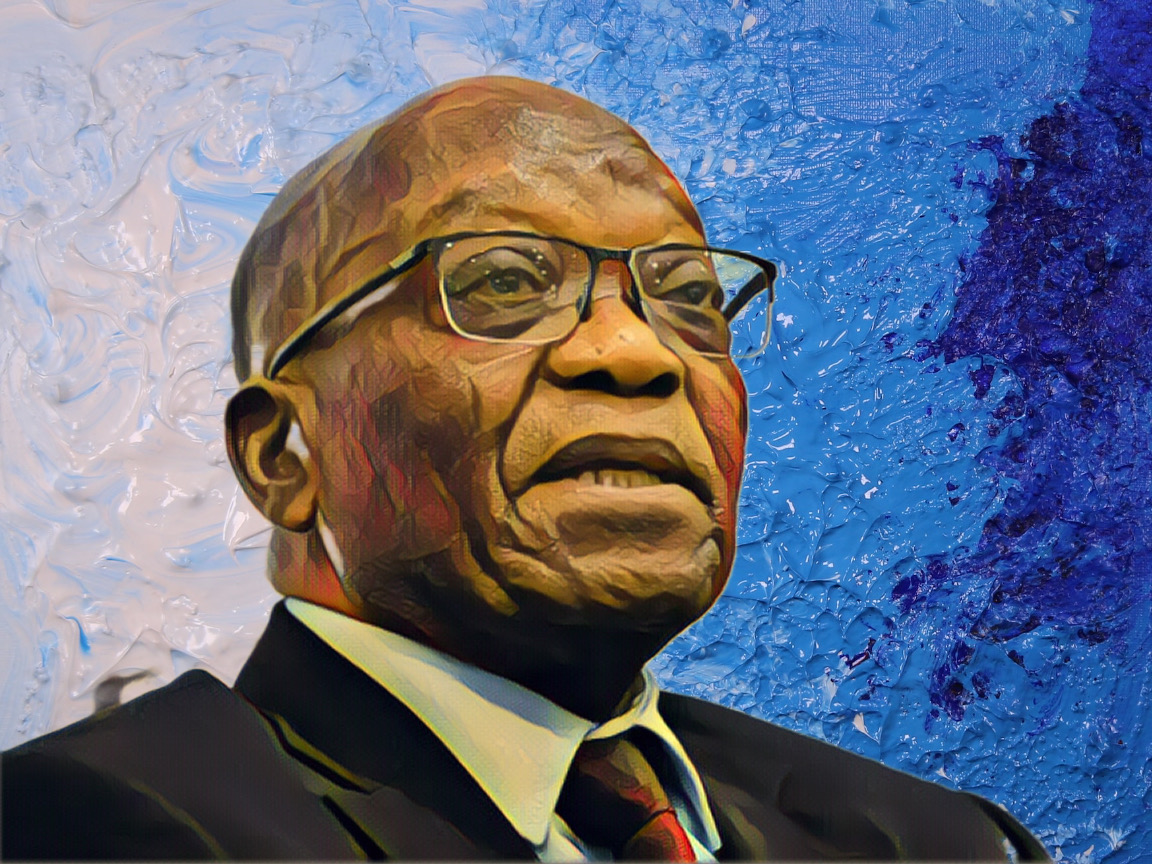South Africa is bracing for a historic and highly contested general election in 2024, as former president Jacob Zuma’s new political venture threatens to erode the support base of the ruling African National Congress (ANC).
Zuma, who was ousted by his party in 2018 amid corruption allegations, announced last month that he would be campaigning for the recently formed Umkhonto We Sizwe (MK) party, named after the ANC’s former armed wing.
The MK party claims to represent the interests of the liberation struggle veterans, who fought against the apartheid regime and helped bring the ANC to power in 1994. It also appeals to Zuma’s loyalists, who feel betrayed by the current ANC leadership under President Cyril Ramaphosa.
Zuma, who is facing graft charges and a 15-month jail sentence for contempt of court, remains popular among many rural and poor South Africans, especially in his home province of KwaZulu-Natal, a key electoral battleground.
According to a recent poll by the Social Research Foundation (SRF), Zuma has a 28.9 percent favorability rating nationwide, and a 63 percent rating in KwaZulu-Natal. The poll also found that the ANC’s support has dropped below 50 percent for the first time since 1994, while the MK party could win up to 10 percent of the vote.
A challenge for the ANC
The emergence of the MK party poses a serious challenge for the ANC, which has been struggling to retain its dominance amid a weak economy, rising unemployment, rampant corruption, and public discontent.
The ANC suffered a major blow in the 2021 municipal elections, losing control of several key cities, including Johannesburg, Ekurhuleni, and Tshwane, to the opposition Democratic Alliance (DA) and its coalition partners.
The DA, which is the largest opposition party, has also formed a pre-election alliance with other smaller parties, such as the Inkatha Freedom Party (IFP), ActionSA, and the Freedom Front Plus (FF Plus), to present a united front against the ANC and the radical Economic Freedom Fighters (EFF).
The EFF, led by firebrand Julius Malema, is the third-largest party in the country and has been courting Zuma’s supporters with its populist rhetoric and radical policies, such as land expropriation without compensation and nationalization of mines and banks.
The EFF has also formed a coalition with the ANC in Johannesburg and Ekurhuleni, where the two parties hold executive positions while electing a mayor from a minority party.
A test for democracy
The 2024 elections will be a test of South Africa’s democracy, which has been hailed as a model for the continent and the world.
The elections will also be historic, as independent candidates will, for the first time, be able to contest for seats at the national and provincial levels, following a constitutional amendment signed by Ramaphosa in April.
The amendment was prompted by a landmark court ruling in 2020, which found that the electoral system violated the right of citizens to stand for public office and hold their representatives accountable.
The new system will allow voters to directly elect their representatives, instead of relying on party lists, and will also increase the diversity and accountability of the legislature.
The Electoral Commission of South Africa has formally launched the 2024 elections program, declaring that it is ready to host millions of eligible voters at over 23,296 voting stations across the country.
The date of the elections will be set by Ramaphosa and must be within 90 days of the end of the term of the current parliament, in mid-May 2024.
As the political landscape becomes more fragmented and competitive, South Africans will have more choices and voices in shaping their future.
Source: Modern Ghana




